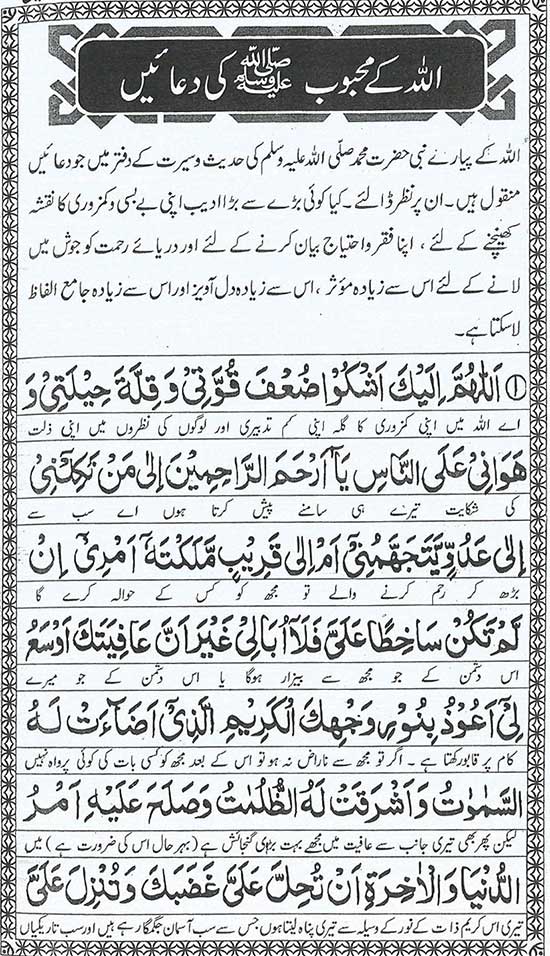Sufyan Al-Thawri used to say: “It is rare for a scholar who attracts a large crowd to his lessons not to become conceited.”
Al-Hasan al-Basri passed by Tawus as he was relating Prophetic traditions to a large gathering in the Sacred Mosque. Al-Hasan drew near to him and whispered into his ear: “If you are proud to have attracted such a large audience you should get up and leave.”
Tawus left immediately.
Sufyan Al-Thawri would usually only allow three people to sit in his circle. One day he noticed that the circle had grown quite large. He stood up, shaken, and exclaimed: We have been afflicted with pride! I swear by Allah! If the Commander of the Faithful, ‘Umar, had seen my likes seated in such a gathering he would have made me get up and leave, lamenting: ‘Your likes are not fit to teach.’ “When Sufyan would sit to relate Prophetic traditions, he would sit cross-legged in a fearful state. If a cloud passed overhead he would remain silent until it went by, saying: “I feared that it might be full of stones which it would unleash against me.”
Abu Huraira (may Allah be pleased with him), used to say: “Were it not for a single verse in the Qur’an I would not have taught you. [That verse is] Surely those who conceal what we have revealed of truth and guidance after We have expounded it to people in the Scripture, they are cursed by Allah and cursed by all entitled to curse.” (Qur’an 2:159)
When Sufyan Al-Thawri ceased teaching Prophetic tradition, Abu Huraira’s saying was related to him. He responded: “If I knew that even one student was seeking knowledge sincerely for the sake of God, I would go to his house to teach him, and not even burden him [to come to me].”



